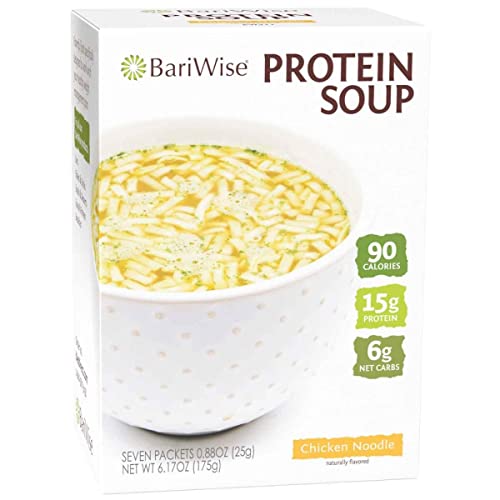hilary1617
First time at the rodeo.
- Joined
- Jan 6, 2014
- Messages
- 3,870
Things that disturb me as I don't think they are commonplace and thing they feed into stereotypes, blaming and stigma:
5. The stats conveyed to the ER doctor by the nurse: 5'9" ,300 lbs., 32 years old. [Really. Wouldn't they be transmitting info about his current status - BP, heartrate etc.? Height and weight? How many heart attacks are at age 32?]
4. ER doctor questioning "How the hell does that happen?" the height and weight. [Appears to me to blame and disrespect the victim.]
3. Placement of the weird faux sweat on the man on the operating table. [Feeds into the fat, sweaty and unattractive stereotype.]
2. Child hiding candy in drawers. [Really?]
1. French Fry scene. [I have *never* seen anyone feed a baby French fries because they rejected Cheerios.]
5. The stats conveyed to the ER doctor by the nurse: 5'9" ,300 lbs., 32 years old. [Really. Wouldn't they be transmitting info about his current status - BP, heartrate etc.? Height and weight? How many heart attacks are at age 32?]
4. ER doctor questioning "How the hell does that happen?" the height and weight. [Appears to me to blame and disrespect the victim.]
3. Placement of the weird faux sweat on the man on the operating table. [Feeds into the fat, sweaty and unattractive stereotype.]
2. Child hiding candy in drawers. [Really?]
1. French Fry scene. [I have *never* seen anyone feed a baby French fries because they rejected Cheerios.]











































